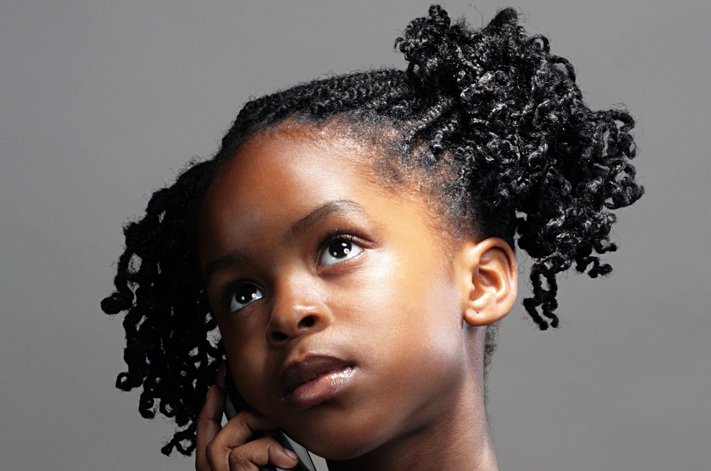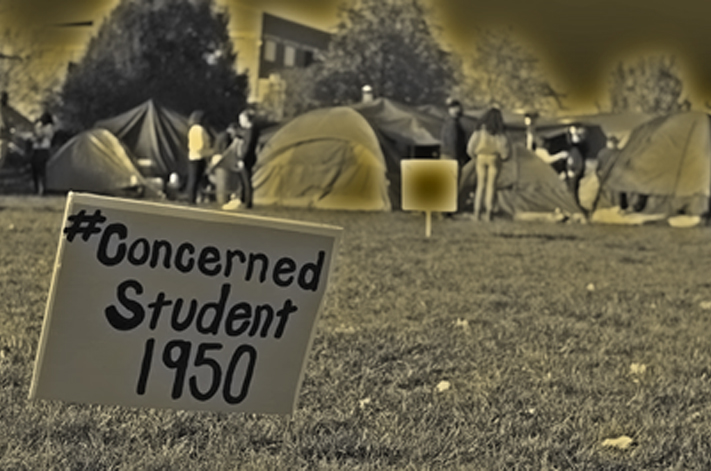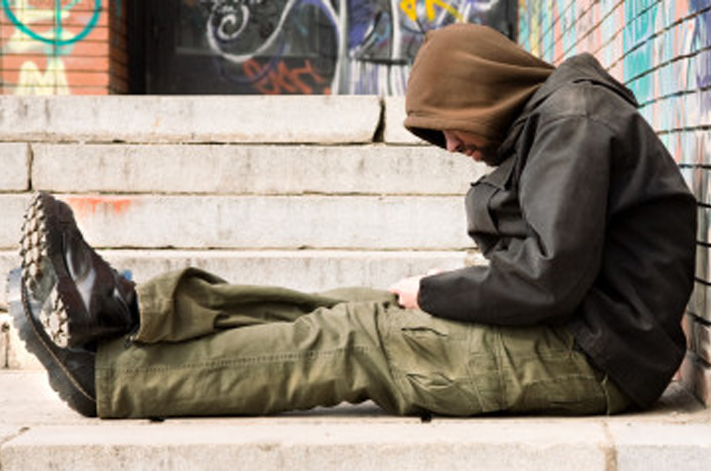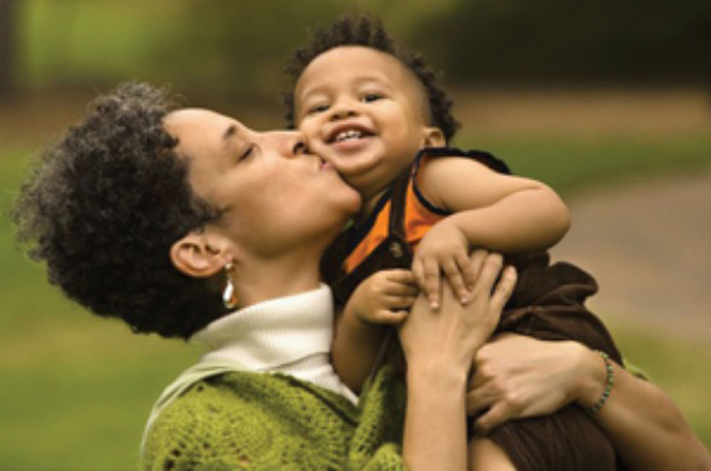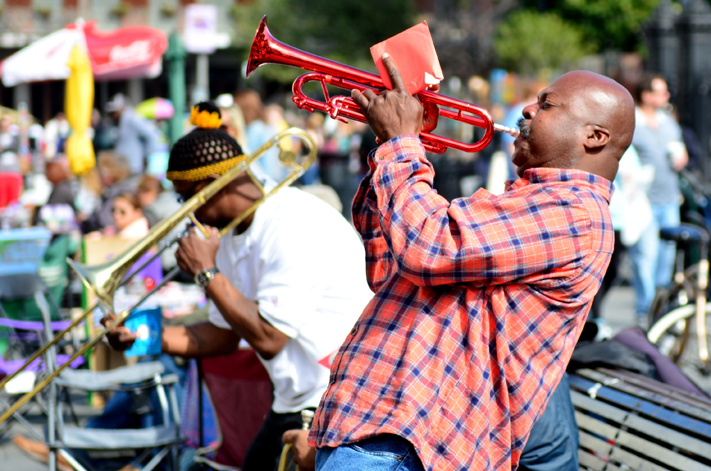Project Description
Let’s Talk About the Pressure to Be the 'Right' Kind of Black Girl
I spent a good portion of my life trying to be better than the best. I was always the first to jump at an extra assignment or task, to show everyone that I was capable. But for what? Why?
It was late at night and I couldn’t sleep. I was sick as a dog but that wasn’t why I was up. The next day’s schedule was overstuffed in a way that felt necessary to me, at the time. I felt like absolute crap but was still wrestling with the idea of calling off the next day. It was then that I realized “why” with no prompting, the way a devastating truth can sometimes come unbidden, a kill shot in the dark.
I was trying to make up for being black.
Deep down, I’d already known the truth, but I’d used semantics and avoidant phrasing to skirt around the truth with expert precision: I was just trying to make a good impression. I was just trying to make sure they got the right idea of who I was. I just wanted to make sure they didn’t think I was any number of things I was worried they’d assume about me.
I was so ashamed I wanted to vomit.
I couldn’t go back, though. It was undeniable. I thought back, and back, and back: as soon as I’d mess up or make the painful decision to not do something and sit out the extra mile, the anxiety would creep in. I’d think about my bosses, my professors, my co-workers, my peers, and what I’d imagine them all saying about me boiled down to the same thing:
I knew it.
I wanted to vomit because I had to admit to myself that I wasn’t driven to succeed by pure ambition alone, but by a desire to prove people wrong – or, more honestly, the fear of proving them right. I had lived for years with that fear at my back, while managing not to fully acknowledge it or its implications – just a girl purposefully choosing not to look over her shoulder.
Maybe it’s just me. I admit that possibility, even if experience tells me it isn’t likely. Growing up in a ridiculously segregated city (St. Louis, if you’re wondering), I became hyper-aware of racism and the presence of it in my daily life at a fairly young age. Maybe that bred a new mutated form of insecurity in me, where I felt compelled to prove that I wasn’t just the token black girl in whatever sea of white faces I found myself in.
I believe that there is truth to the saying that we, as black people, have to work harder to get half as much or to be seen as half as good. But how come there’s not as much everyday talk about how much damage that can do? If it’s a largely accepted truth, then why isn’t restorative self-care a given?
Knowing that I had to work harder for half as much didn’t inspire me to fulfill my true potential, even if sometimes I tried to convince myself that it did. In reality, it drained me. It made me feel weak when all I was doing was being human. I felt like I was letting everyone down – myself, my family, my future children, the Father, Son, and the Holy Ghost – by not being as good as these mythical black people my mind had invented over the years. This perfect woman who I was so desperately striving to be would have the charisma of Obama, the gravitas of Maya Angelou, and the wardrobe of Olivia Pope. She’d never make stupid mistakes like missing a deadline or getting to work late or stumbling over her words.
She is perfect, and she is not -probably will never be- me. And I am finally ok with that, because now I see what happened. Now I see where I went wrong.
I adopted the language of an oppressive society to define myself. I let others influence what my own black womanhood meant for me and decide what was “good” and “bad” because I didn’t yet know how to stop listening. I poisoned myself and my ideas of who I was and who I could be.
Sometimes I’m ashamed at how hard I struggled with a truth that, at its core, is simple.
I am human and I am flawed. I’m not twice as good as everyone else. I don’t think I can be, to be honest.
Here’s an idea: an anxious, type-A personality fueled to new heights of perfectionism by the negative stereotypes attached to her skin color. Now, there’s a character I’d like to see more of on TV. Sure, some of us are pushed to be “as good as,” but I think for a great many of us, that concept is irrevocably tied to the pressure placed on us not to be “as bad as,” and that’s something complicated and ugly and well worth exploring.
Sharon Lynn Pruitt is a writer who divides her time between Middle Earth and the Midwest. She blogs about black feminism and geek culture at thugnerdlife.wordpress.com and struggles to complain in 140 characters or less on Twitter at @SLPruitt.
This piece was reprinted by EmpathyEducates with permission from the Author. We thank Sharon Lynn Pruitt for a powerful, reflective, insightful, and inspiring essay.


